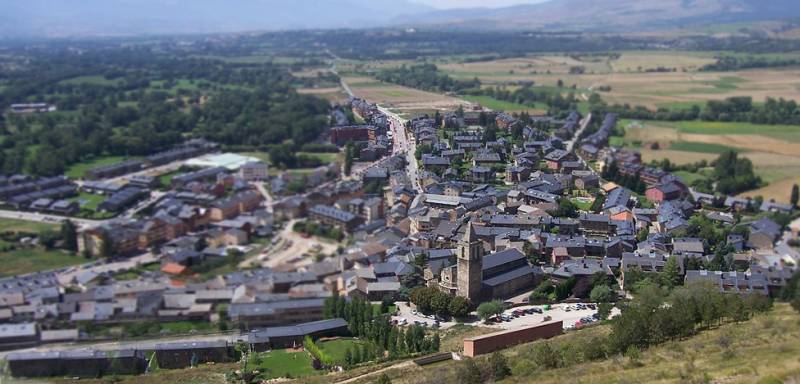
To be listed on the haciendadelalamo TODAY MAP please call +34 968 018 268.
Date Published: 15/10/2025
Spanish opposition calls for stricter residency requirements for foreign immigrants
The PP wants to prioritise employed migrants and make it tougher to get long-term residency in Spain

Battle lines have once again been drawn between Spain's two main political forces, this time over immigration policy. The People's Party has unveiled a comprehensive plan that directly challenges the government's approach to migration, with a focus on ultimately making it much tougher for foreigners to move to Spain.
The contrast could hardly be sharper. Since May, the Sánchez government has been implementing a major regularisation programme that grants residency and work permits to around 300,000 undocumented migrants annually until 2027. Approved last November, the president has defended this policy as essential for Spain's economy, particularly given chronic labour shortages and an ageing population.
Opposition leader Alberto Núñez Feijóo wants to move in the opposite direction entirely. His so-called ‘National Plan for Legal, Orderly and Mutually Beneficial Immigration’ centres on an Australia-style points-based system that makes employment the primary gateway to Spain.
Tougher requirements would be introduced for both residency and citizenship, with Feijóo insisting that "Spanish nationality is not given, it is deserved."
The PP plan calls for immigration management to be consolidated under a single state authority rather than spread across five different ministries. Border controls would be strengthened with more patrol agents and full use of Frontex, the EU’s border agency.
A zero tolerance policy would see immigrants automatically expelled from Spain for serious crimes including sexual assault and human trafficking, while asylum claims would face stricter scrutiny with safe countries excluded from the system.
But perhaps the most emotive issue concerns unaccompanied migrant minors. The government has been relocating thousands of children from overwhelmed Canary Islands facilities to regions across mainland Spain since September, backed by €100 million in funding. The PP wants these children returned to their home countries or reunited with families abroad instead.
Other measures would affect how migrants build their lives in Spain. A quota system would give preference to people from countries that cooperate with deportations, while at the same time limiting opportunities for those from nations that don't.
More significantly for those already here, the rules for obtaining long-term residency would change. Rather than being granted after a certain number of years in Spain, it would depend on employment history and contributions to the system. Access to financial benefits would be conditional on actively seeking work, meaning those not in employment would need to prove they're looking for jobs to maintain support.
The stand-off mirrors January's housing reform battle, when the PSOE and PP presented vastly different proposals on squatters and foreign investors before eventually finding compromise.
Whether Spain’s migration policy will follow a similar path remains to be seen.
Image: Archive
Contact Murcia Today: Editorial 000 000 000 /
Office 000 000 000





























